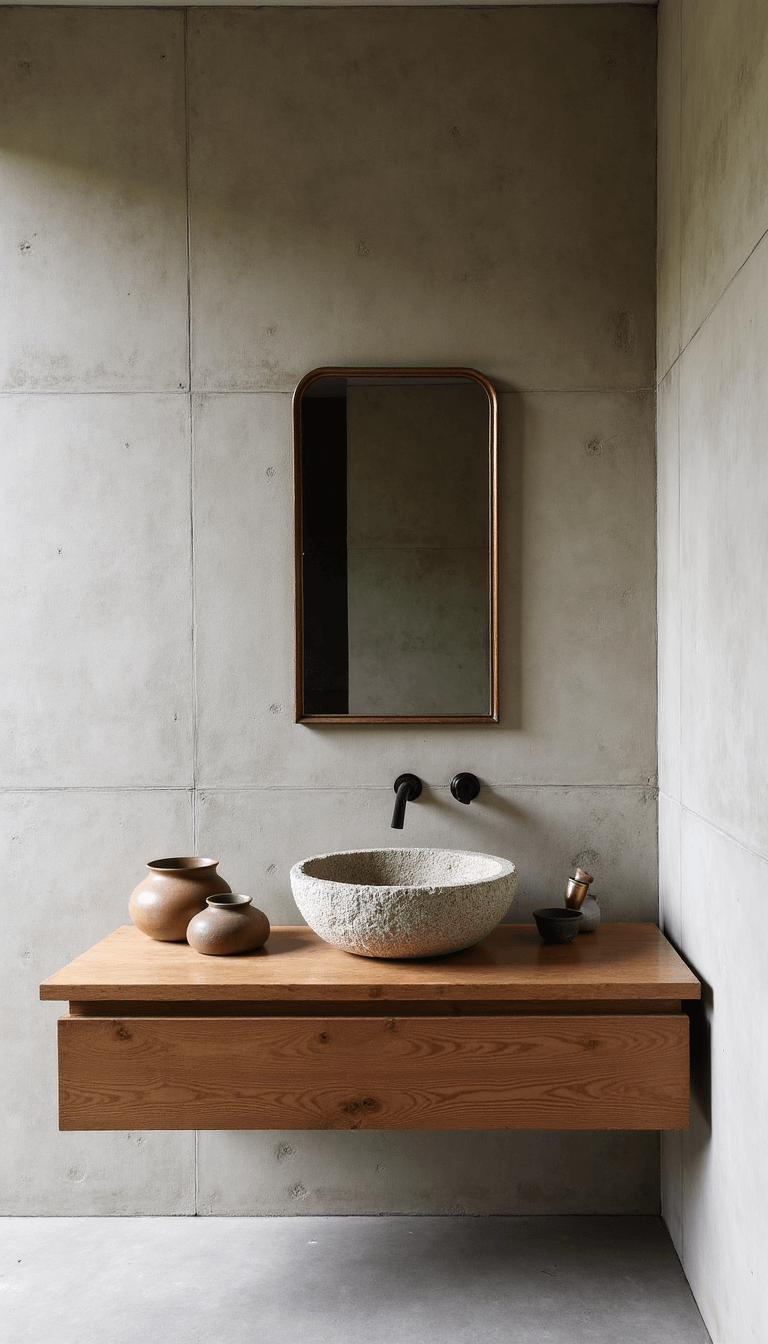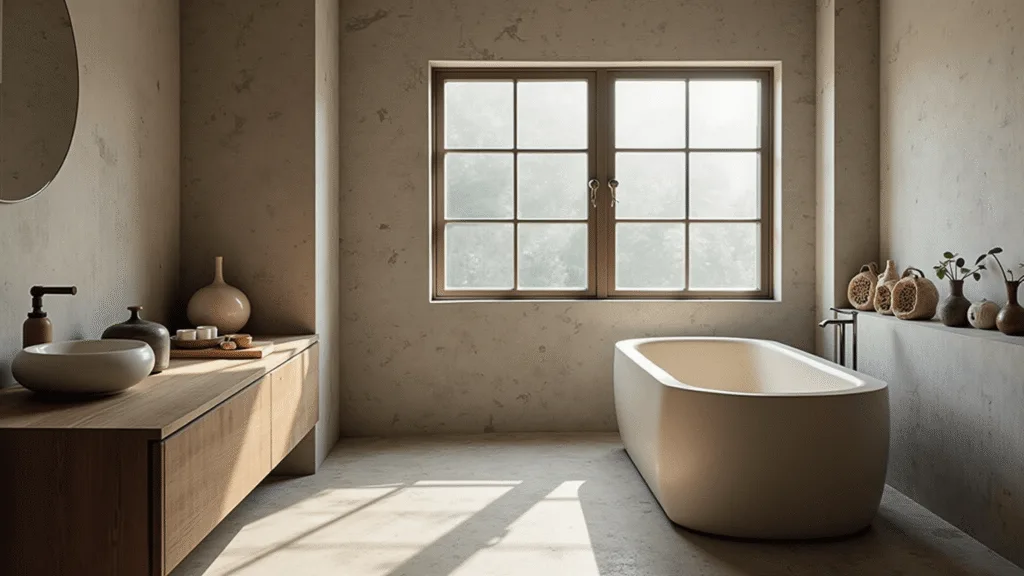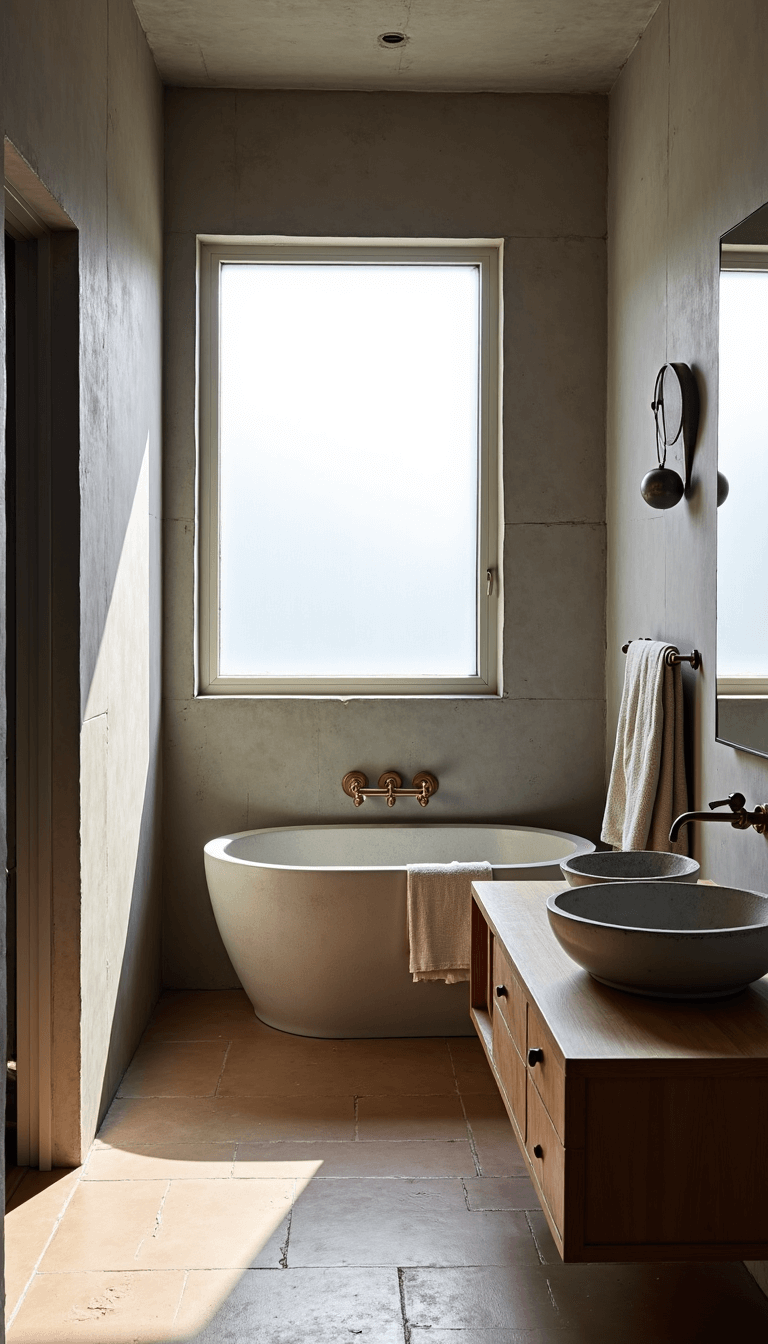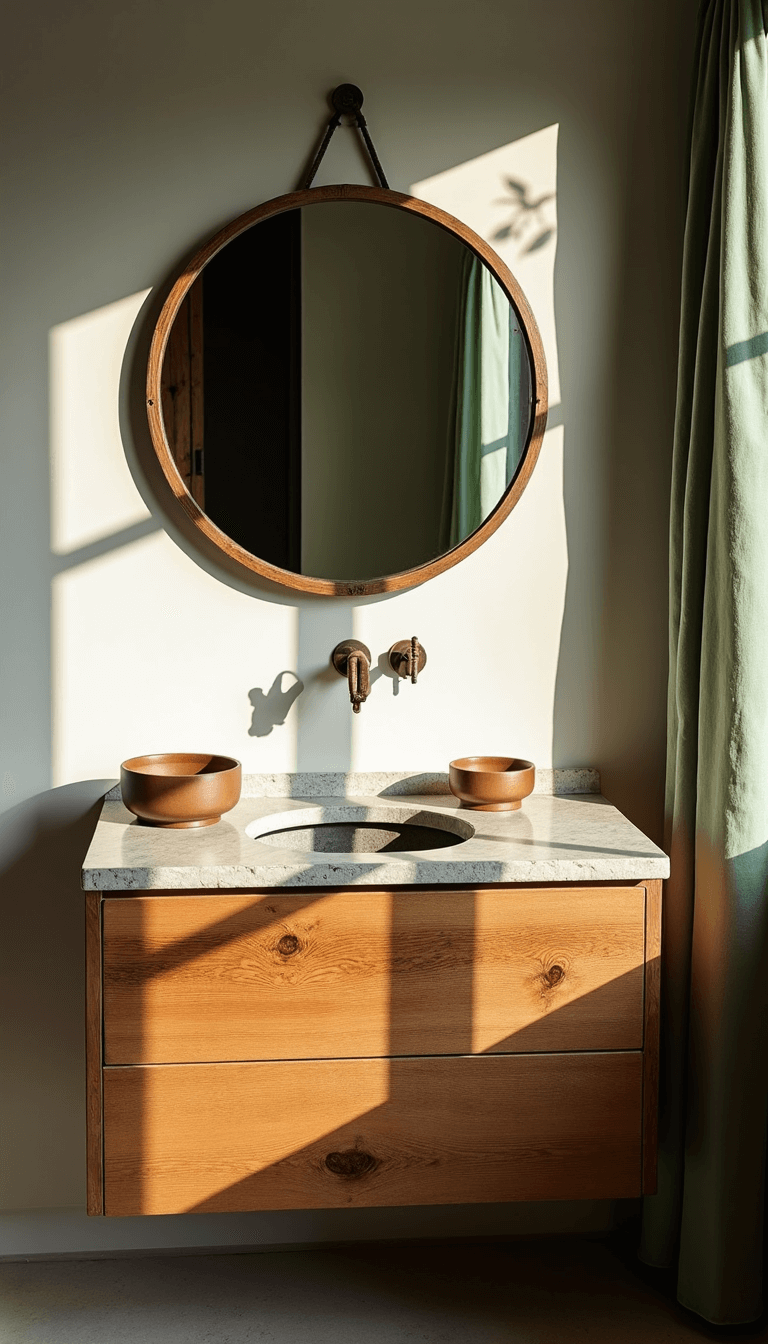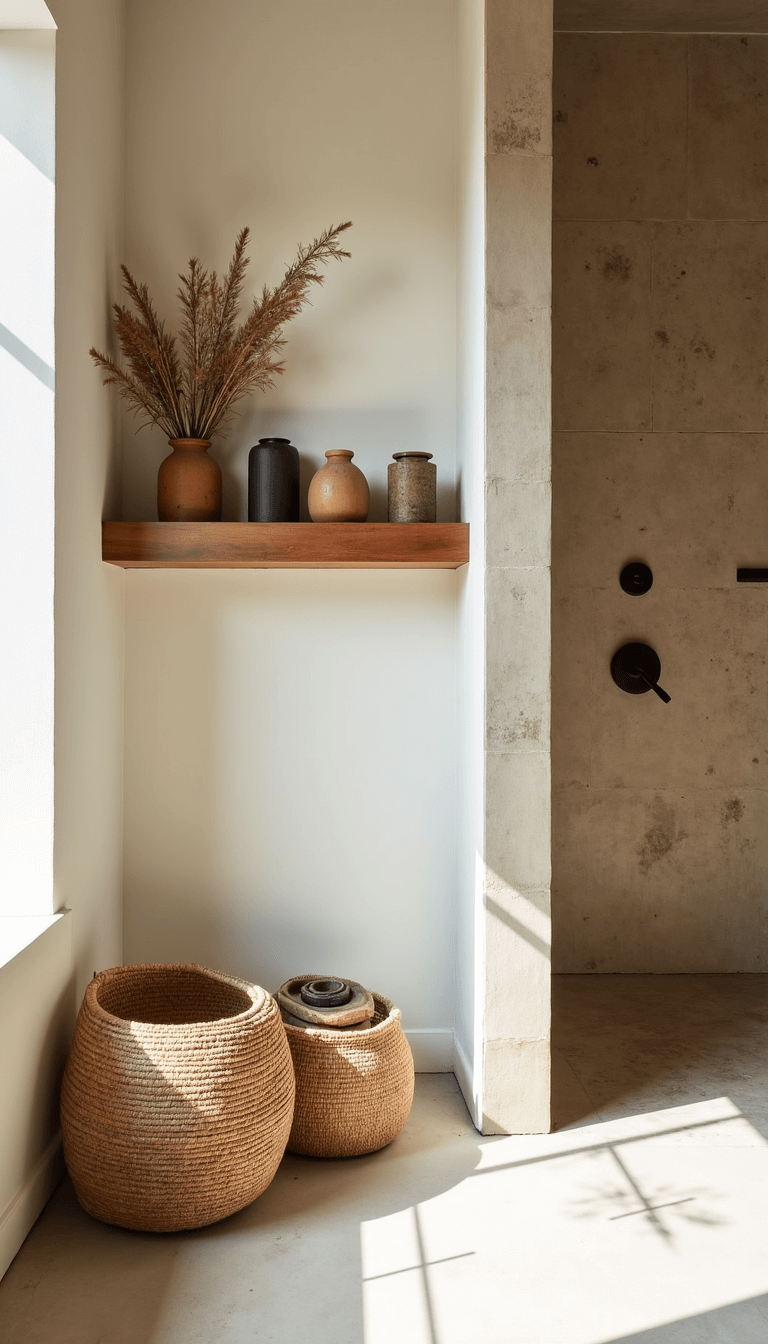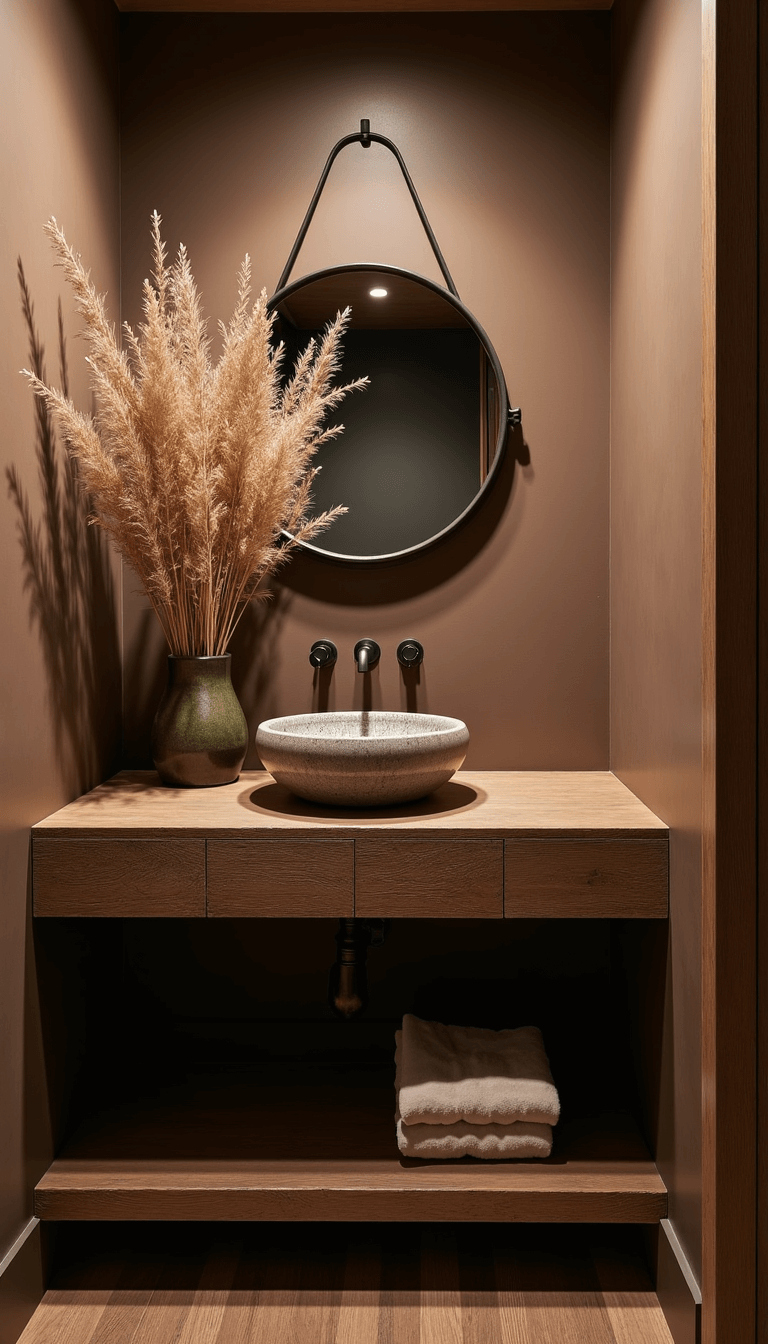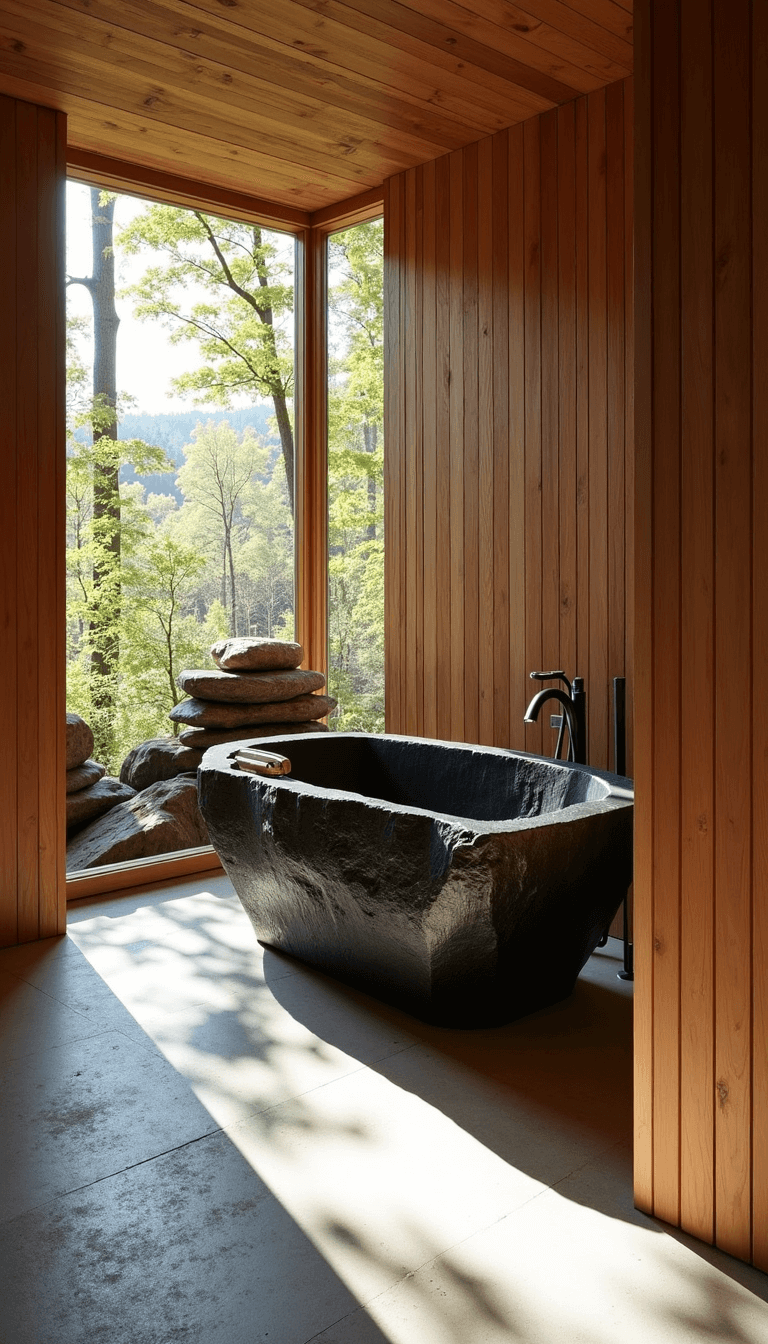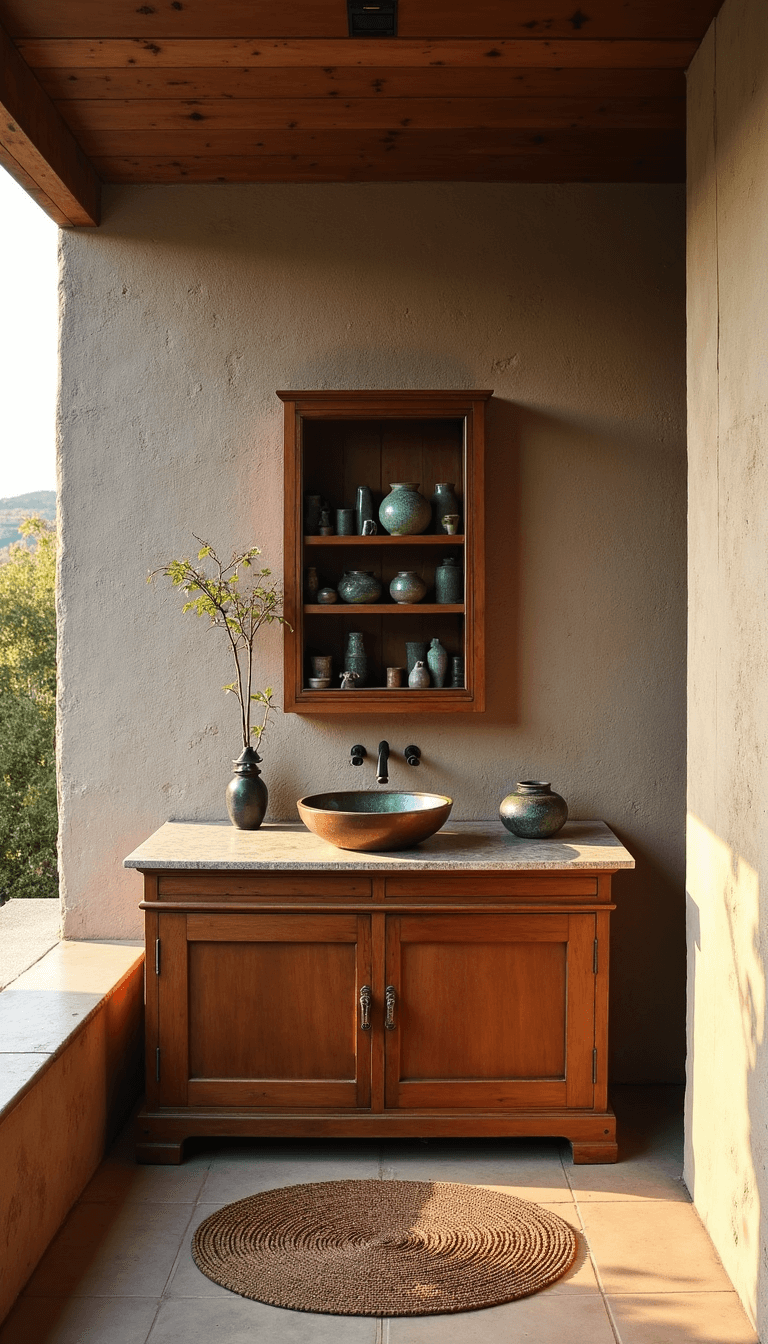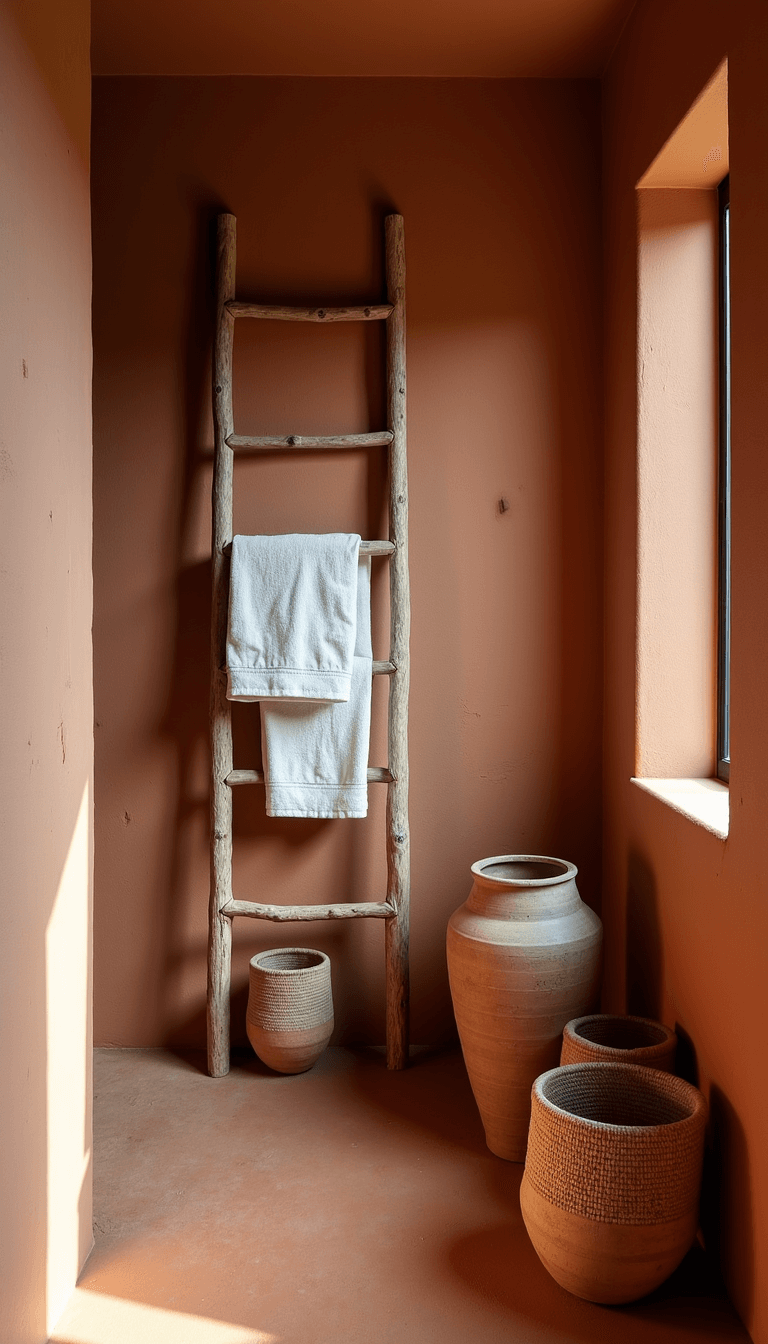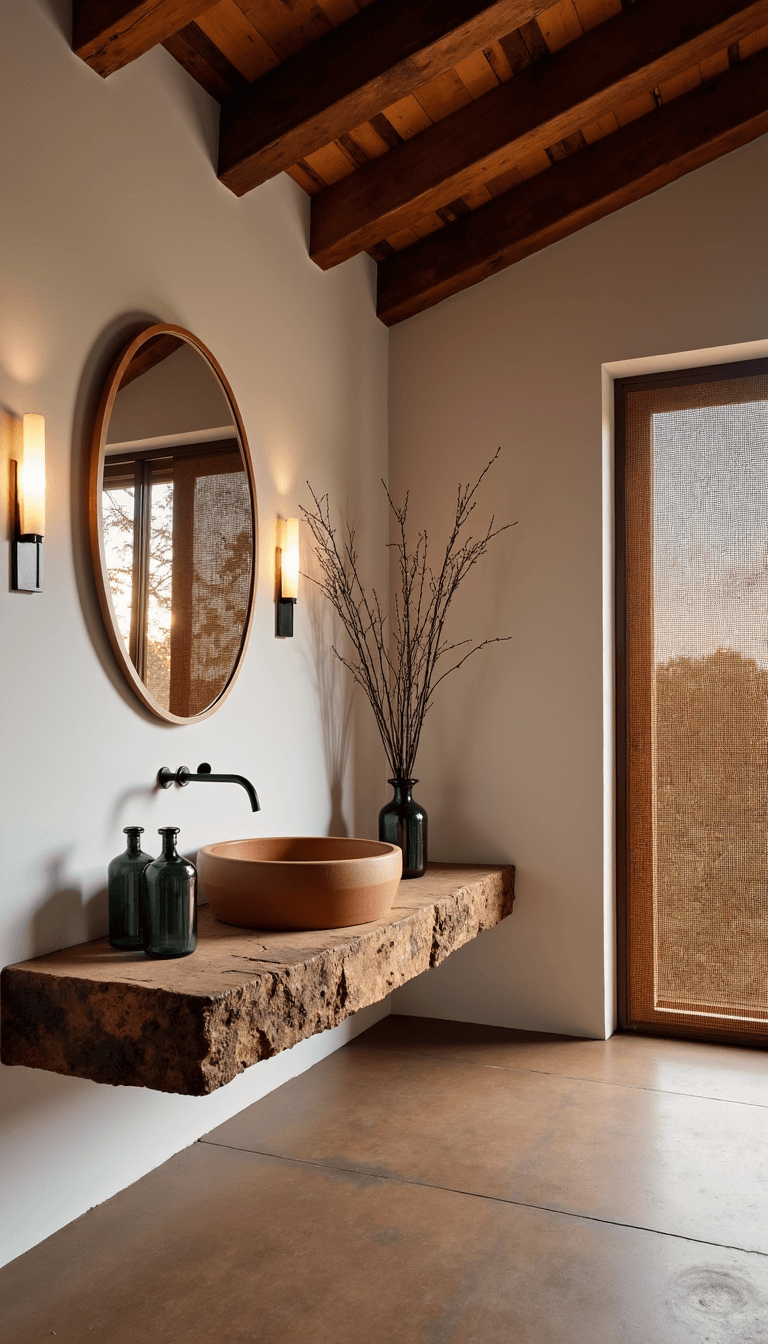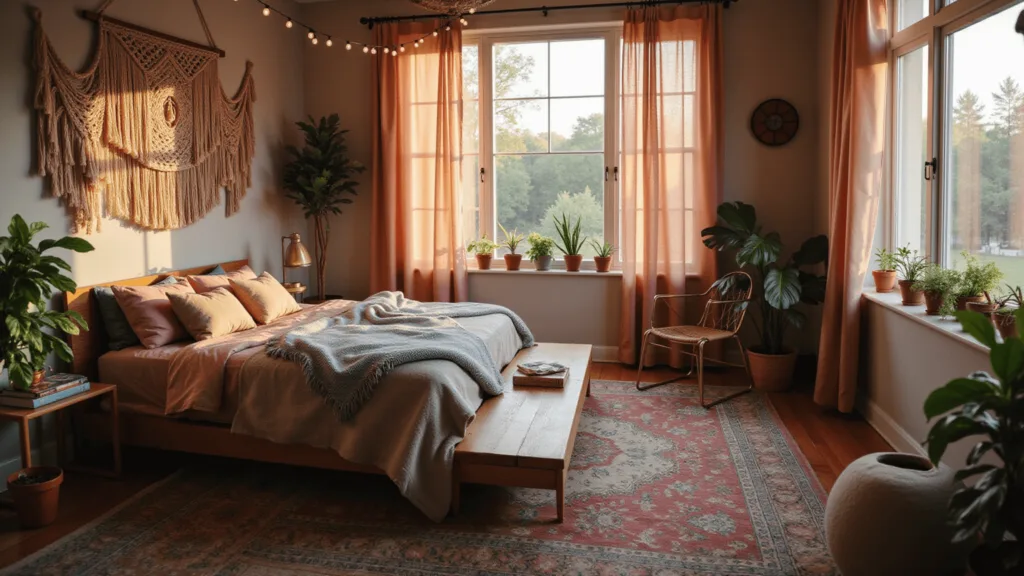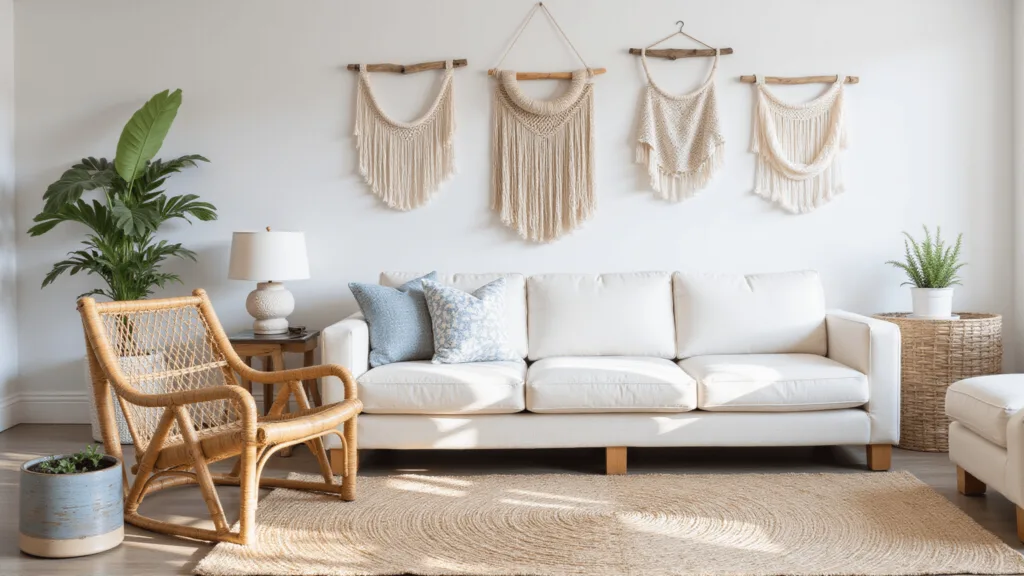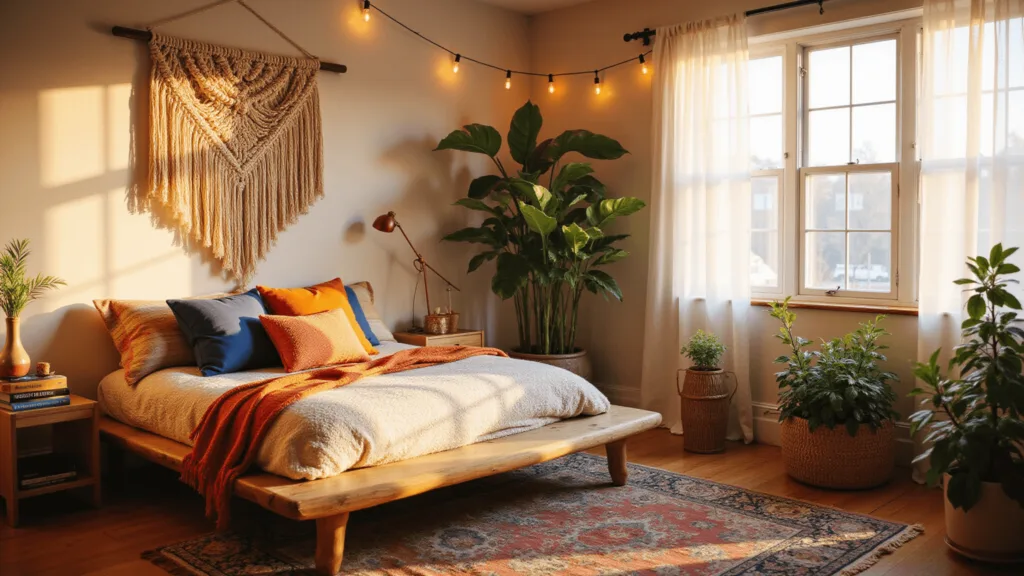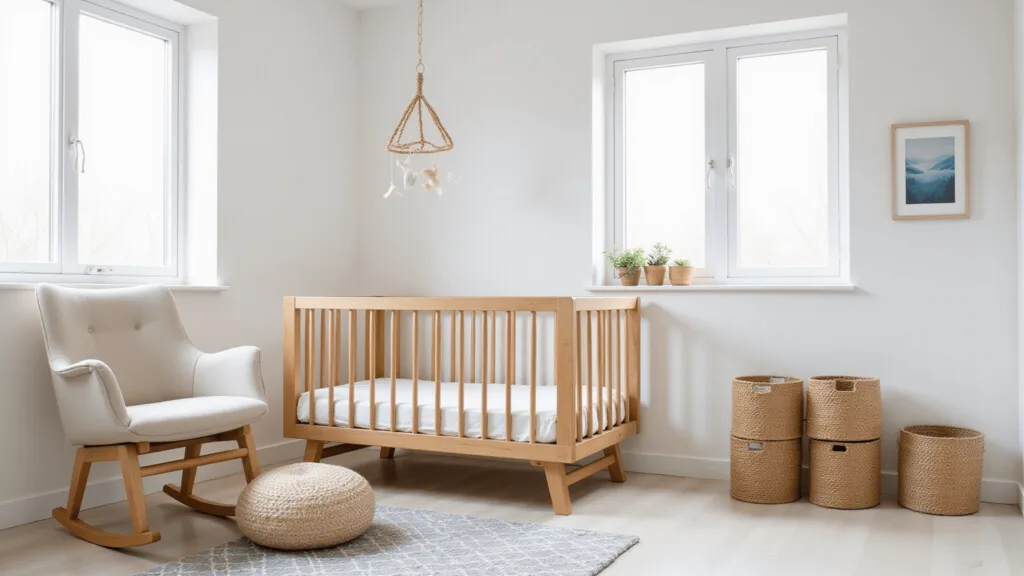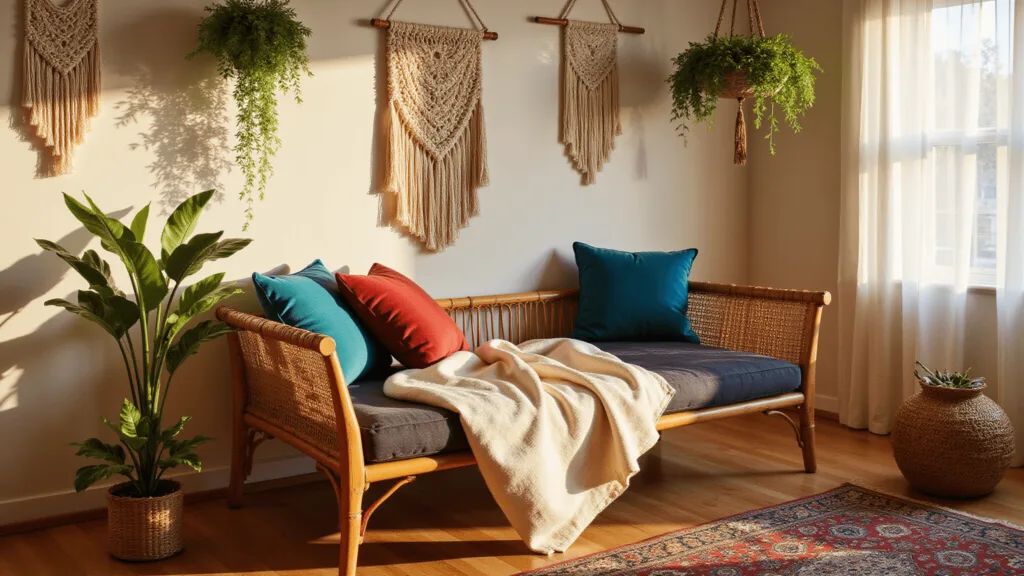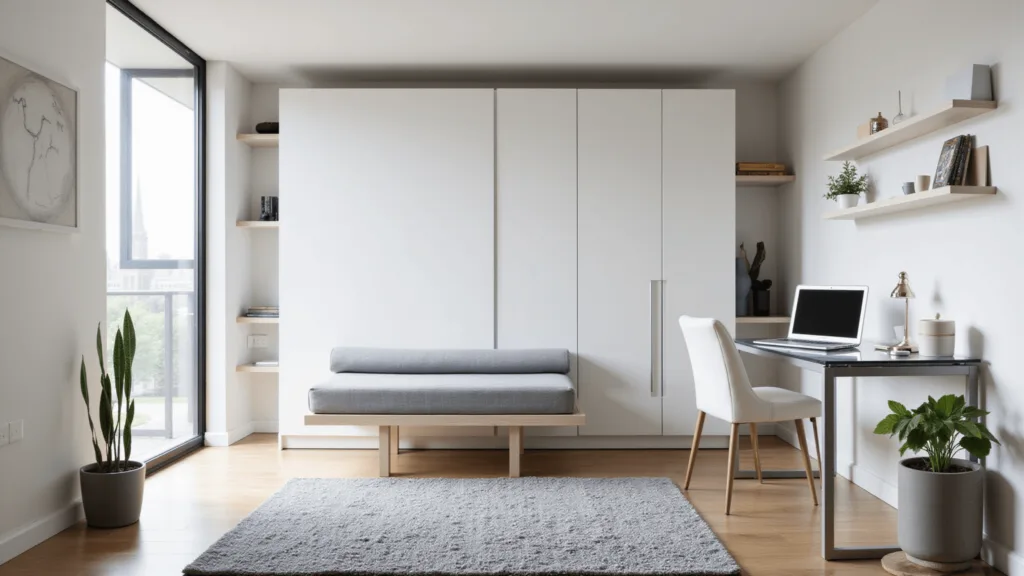Crafting Your Wabi-Sabi Bathroom: A Sanctuary of Imperfect Beauty
Transforming your bathroom into a wabi-sabi haven isn’t just about design—it’s about creating a space that breathes tranquility and celebrates the raw, unfiltered beauty of natural imperfection.
Understanding Wabi-Sabi: More Than Just a Design Trend
Wabi-sabi is a Japanese philosophy that finds profound beauty in:
- Imperfection
- Simplicity
- Natural aging
- Authentic materials
- Embracing life’s transient nature
Why Your Bathroom Needs This Zen Approach
Imagine walking into a bathroom that feels like a peaceful retreat—where every crack, every weathered surface tells a story. That’s the magic of wabi-sabi.
Essential Elements of a Wabi-Sabi Bathroom
1. Materials That Whisper, Not Scream
Key materials that define the wabi-sabi aesthetic:
- Natural stone
- Unfinished wood
- Handmade ceramic
- Linen textiles
- Rough-hewn surfaces
- Muted earth tones
2. Color Palette: Embracing Subtlety
Recommended color spectrum:
- Soft greys
- Warm taupe
- Off-whites
- Muted browns
- Sage green accents
Practical Design Strategies
Choosing Your Focal Points
Must-have statement pieces:
- Freestanding stone bathtub
- Handcrafted wooden vanity
- Zellige tiles with natural variations
- Minimalist mirrors with aged frames
Styling Tips That Breathe Authenticity
Pro techniques for capturing wabi-sabi essence:
- Embrace asymmetry
- Leave negative space
- Highlight natural textures
- Allow objects to show gentle wear
- Use one beautiful object per surface
Budget-Friendly Wabi-Sabi Transformations
DIY Approaches
Low-cost updates:
- Limewash wall painting
- Thrifted ceramic accessories
- Natural fiber towels
- Handmade clay planters
- Driftwood or river rock accents
Seasonal Refresh Ideas
- Winter: Add wool throws, wooden stools
- Spring: Incorporate fresh branches
- Summer: Display local stones, air plants
- Autumn: Use dried botanical arrangements
Common Mistakes to Avoid
Wabi-Sabi No-Nos:
- Over-polishing surfaces
- Forced perfection
- Cluttered spaces
- Harsh, artificial lighting
- Matching everything too precisely
Personal Touch: Making It Your Own
Remember, wabi-sabi is about your unique story. Don’t just copy—interpret the philosophy through your personal lens.
Practical Considerations
Project Snapshot:
- Time Investment: 1-2 days
- Skill Level: Beginner to Intermediate
- Cost Range: $ to $$$
Final Thoughts
A wabi-sabi bathroom isn’t about creating a picture-perfect space. It’s about crafting a sanctuary that reflects life’s beautiful imperfections—a room that breathes, ages gracefully, and tells your unique story.
Pro Tip: The most beautiful bathrooms aren’t manufactured—they’re curated with intention, authenticity, and a deep respect for natural beauty.
